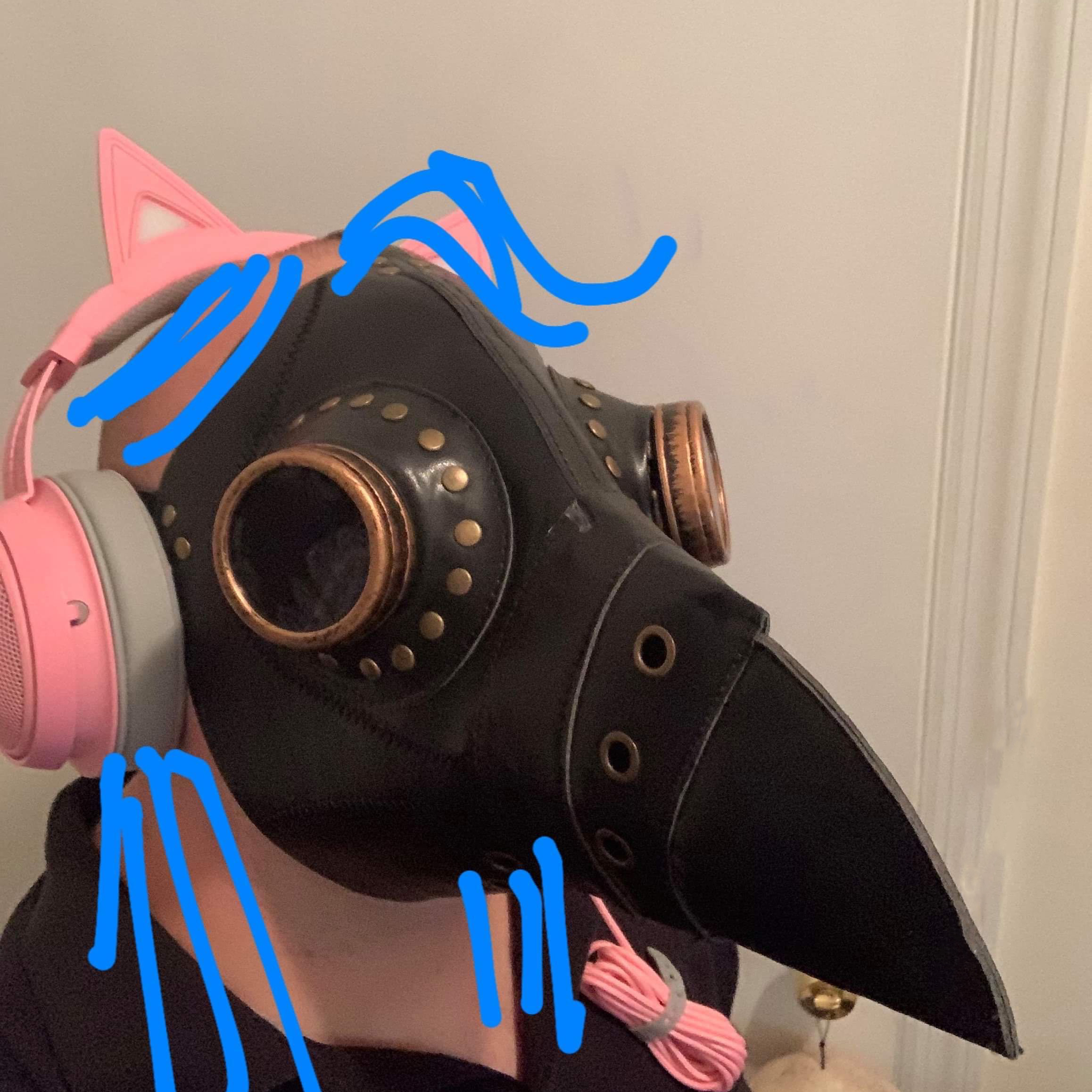How to build a HTC Vive Pro ready PC
Play in VR with style
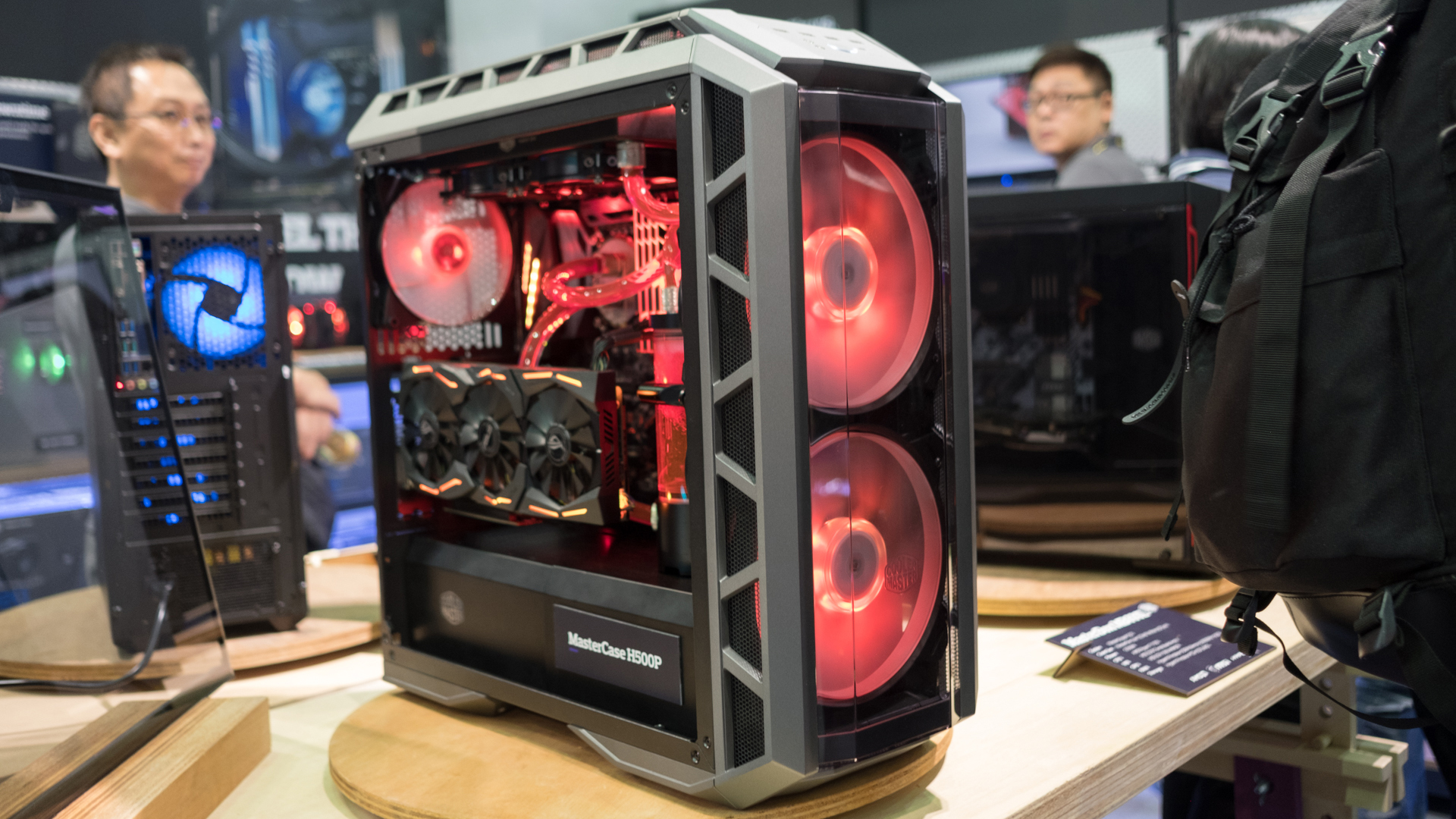
VR has been a pretty major part of the gaming landscape for a couple years now. Likewise most people have become familiar with the HTC Vive, what it’s capable of, and the type of rig you need to run it. Well, that's all changed now that HTC has gone ahead and announced the Vive Pro, which sports a higher resolution and better audio quality.
So, the question is how do you build a HTC Vive Pro ready PC?
Now, while the minimum system requirements have stayed largely the same between the two models, the HTC Vive Pro’s higher 2,880 x 1,600 resolution is going to take a bit more graphics horsepower to run with the same effects and frame rates as its non-pro counterpart.
This is where things can get confusing. Do you go off of the minimum requirements, saving money, but having a mediocre experience? Or do you go overboard, and build the best gaming PC money can buy to brute force your way through every VR experience that comes your way?
Well, we here at TechRadar suggest taking the middle path – go above the system requirements to give yourself some breathing room, without bankrupting yourself. And we’ve created this guide to help you build the HTC Vive Pro-ready PC of your dreams.
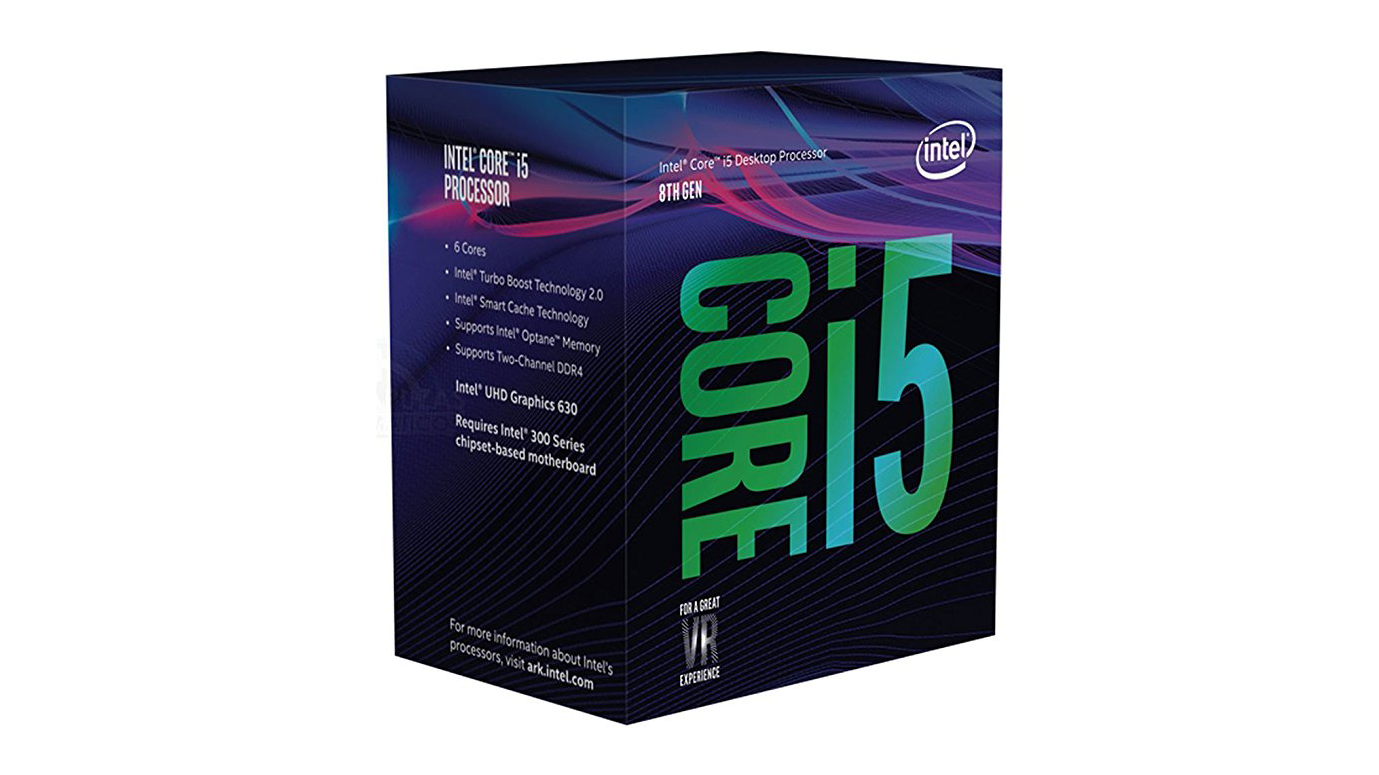
Processor: Intel Core i5-8400
The HTC Vive Pro system requirements list an Intel Core i5-4590, but this Haswell-based CPU is going to be a bit difficult to find. Besides, it’s just not worth it when you can get its 8th-generation Coffee Lake equivalent, the Intel Core i5 8400. It may have a lower base frequency, but with a turbo frequency of 4.0 GHz and two additional cores, you’re going to be getting a lot more performance for the dollar – and your PC will be a lot more future-proof by using the new Z370 chipset.
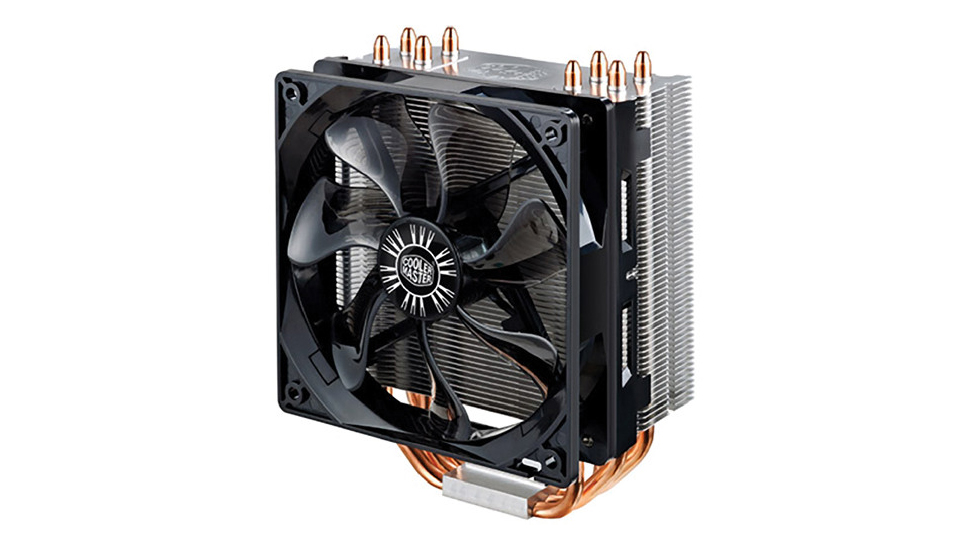
CPU Cooler: Cooler Master Hyper 212 Evo
The Cooler Master Hyper 212 Evo has been one of the best CPU coolers for years now, and it doesn’t look like it’s going to change any time soon. Sure, it might not be a liquid cooler, and it might not be pretty – but it’s cheap, it’s effective, and will even give you plenty of room for overclocking. Why fix something that isn’t broken?
Get daily insight, inspiration and deals in your inbox
Sign up for breaking news, reviews, opinion, top tech deals, and more.
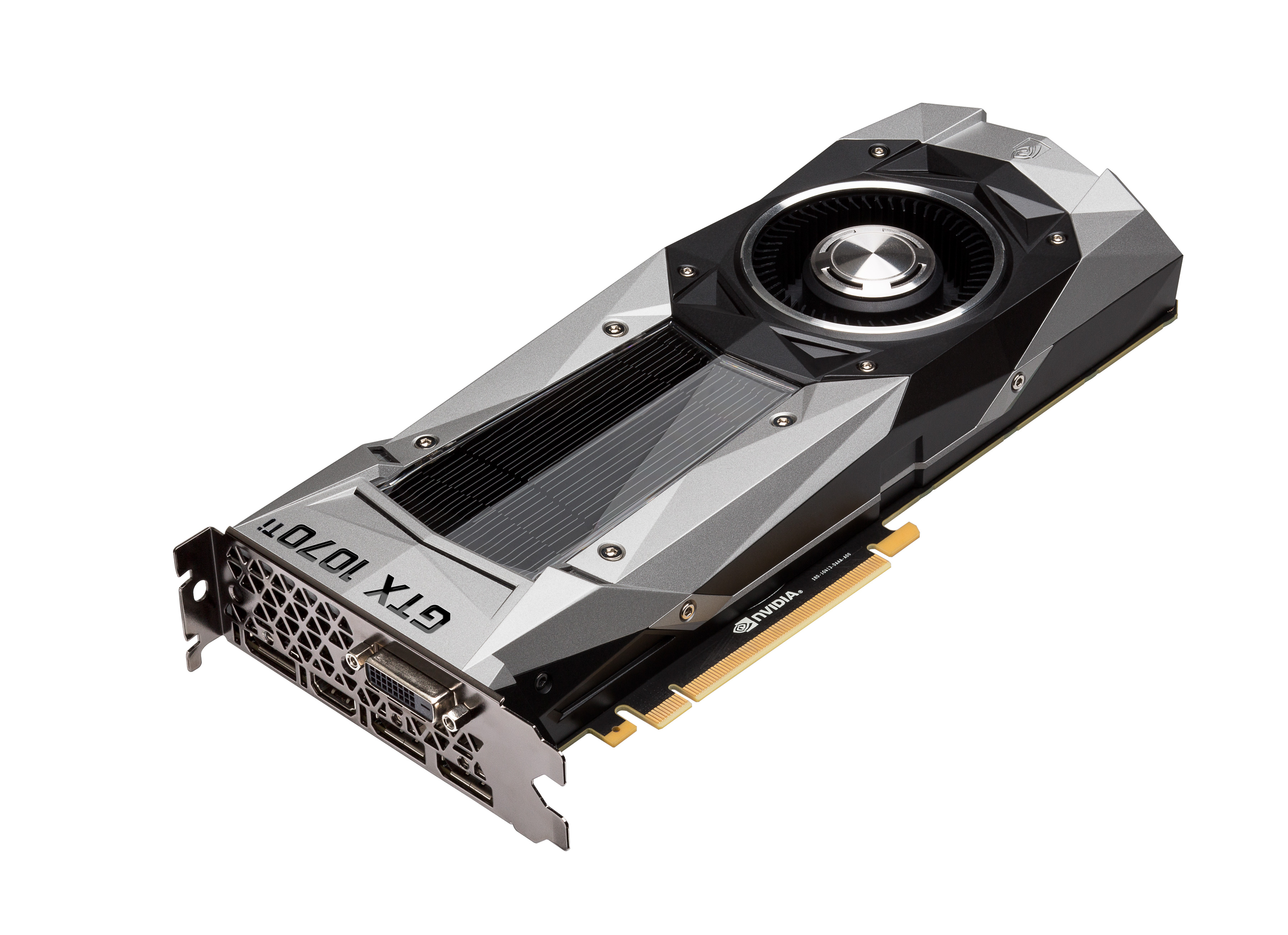
Graphics card: Nvidia GTX 1070 Ti
This is where the bump in resolution is going to hit hardest. The system requirements for the HTC Vive Pro list an Nvidia GeForce GTX 1060 as the minimum spec, but that card really shines at 1080p resolutions. With the bump in resolution the HTC Vive Pro offers, you’re better off spending a little more, and picking up the GTX 1070 Ti instead. Plus, you’ll have a lot more breathing room if you want to tackle some 4K gaming on the side.
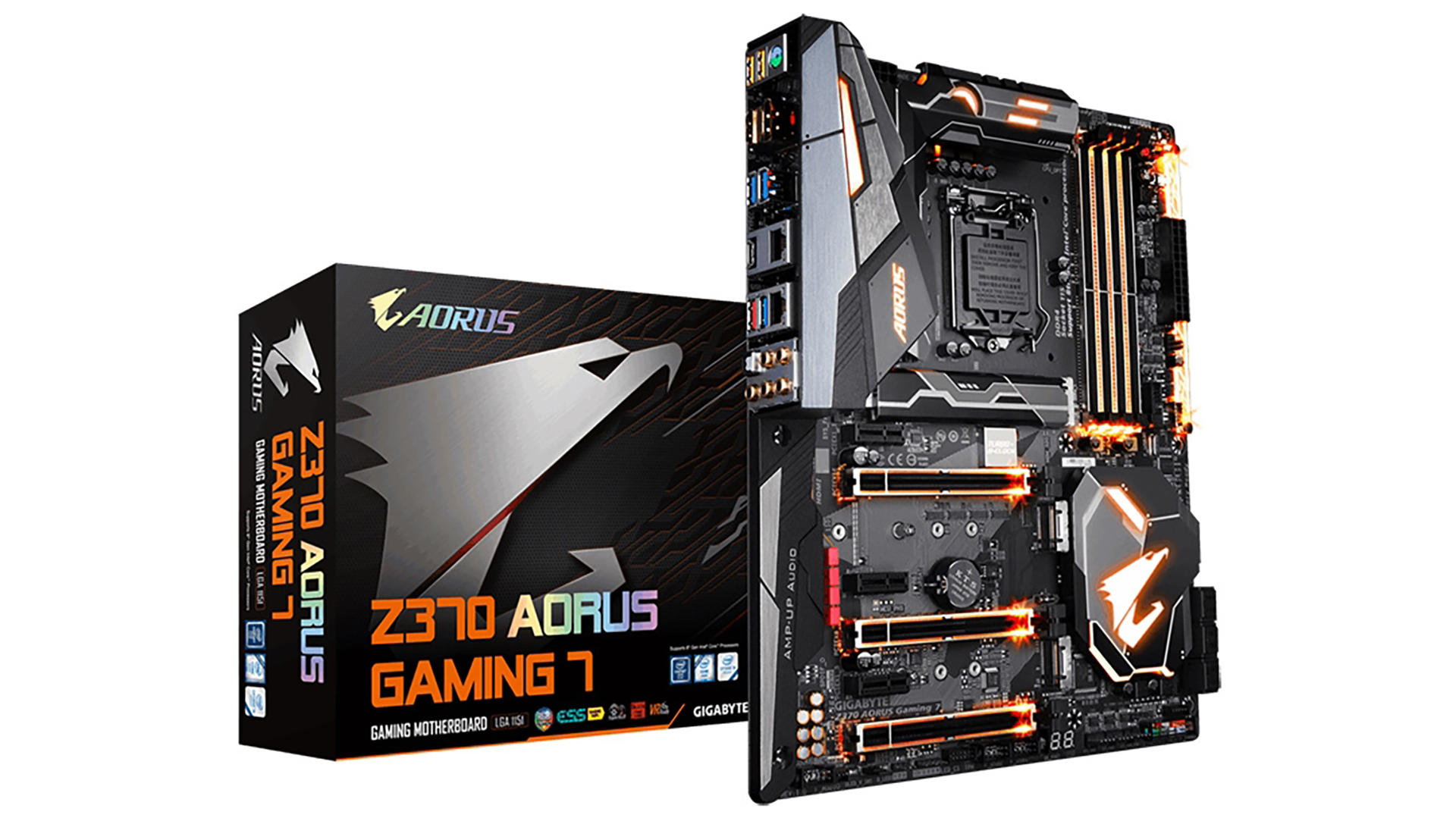
Motherboard: Z370 Aorus Gaming 7
We picked the Z370 Aorus Gaming 7 as our best motherboard for a reason: it’s just that good. Strapped front to back with RGB lighting and all the bells and whistles that modern motherboards can offer, you’re truly getting something you can brag about. And, if you decide to go with a K-series Intel CPU, you can expect mind-blowing overclocking performance with this motherboard.
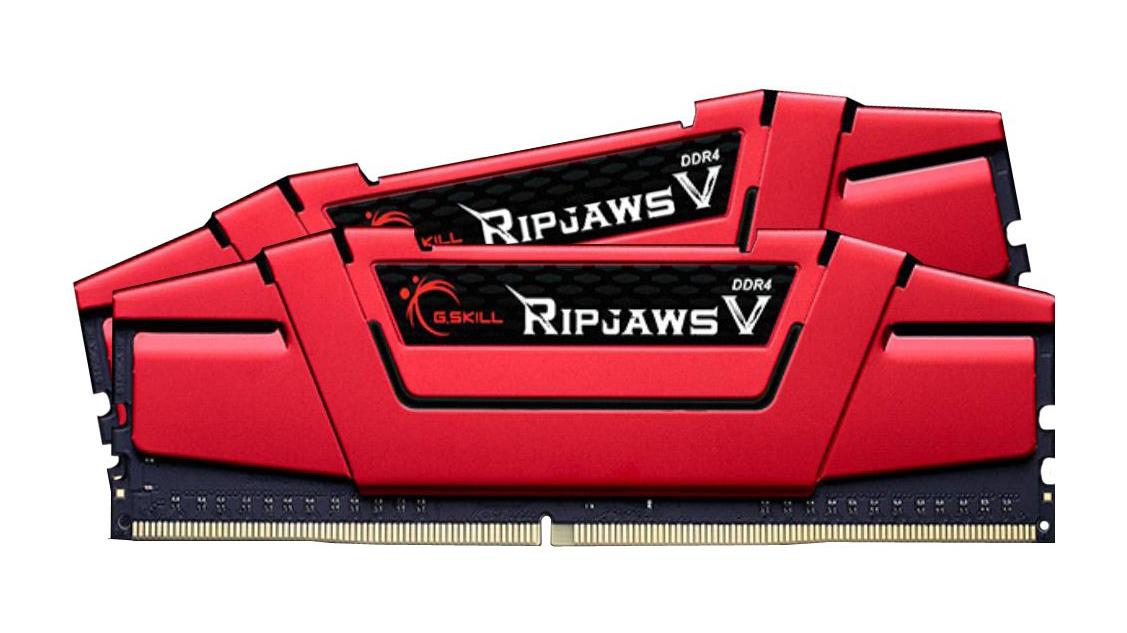
Memory: G.Skill Ripjaws V Series
When it comes to picking out the best RAM for your build, we recommend getting something that’s fast and reliable. Everything else is secondary, and G.Skill has built a name for themselves by crafting no-frills RAM that gets the job done quickly and efficiently with a base clock of 2,133MHz. Unfortunately there’s no RGB lighting here but that helps keep costs down. Just make sure to get at least an 8GB kit.
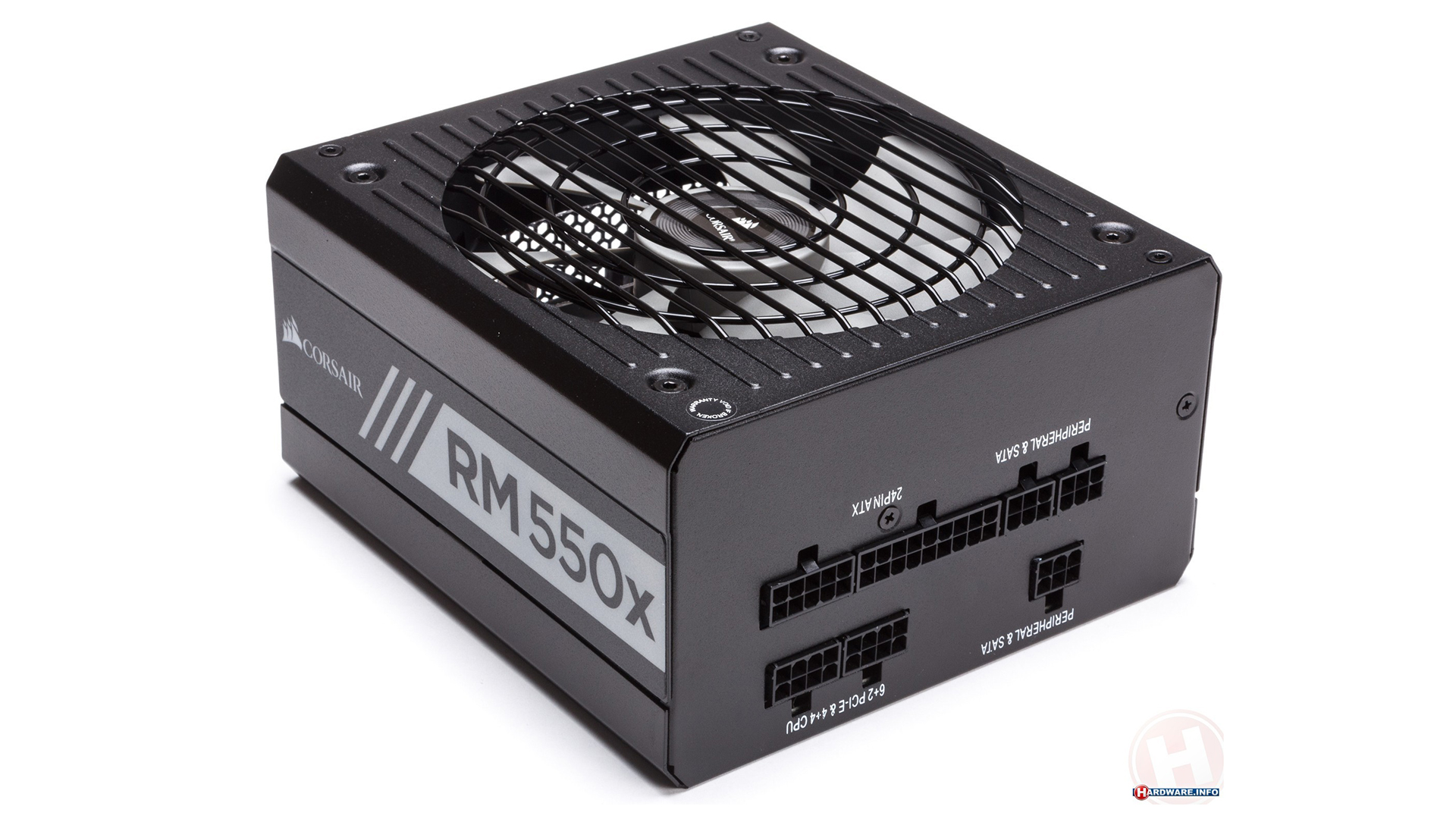
Power Supply: Corsair RM550x
Picking the best power supply for your HTC Vive Pro ready PC is simultaneously one of the hardest and easiest parts of the build. While you could cheap out and spend more on other components, you shouldn’t. The power supply is the one component you don’t want to skimp out on. You want something that you can rely on. And you can rely on the Corsair RM550x.
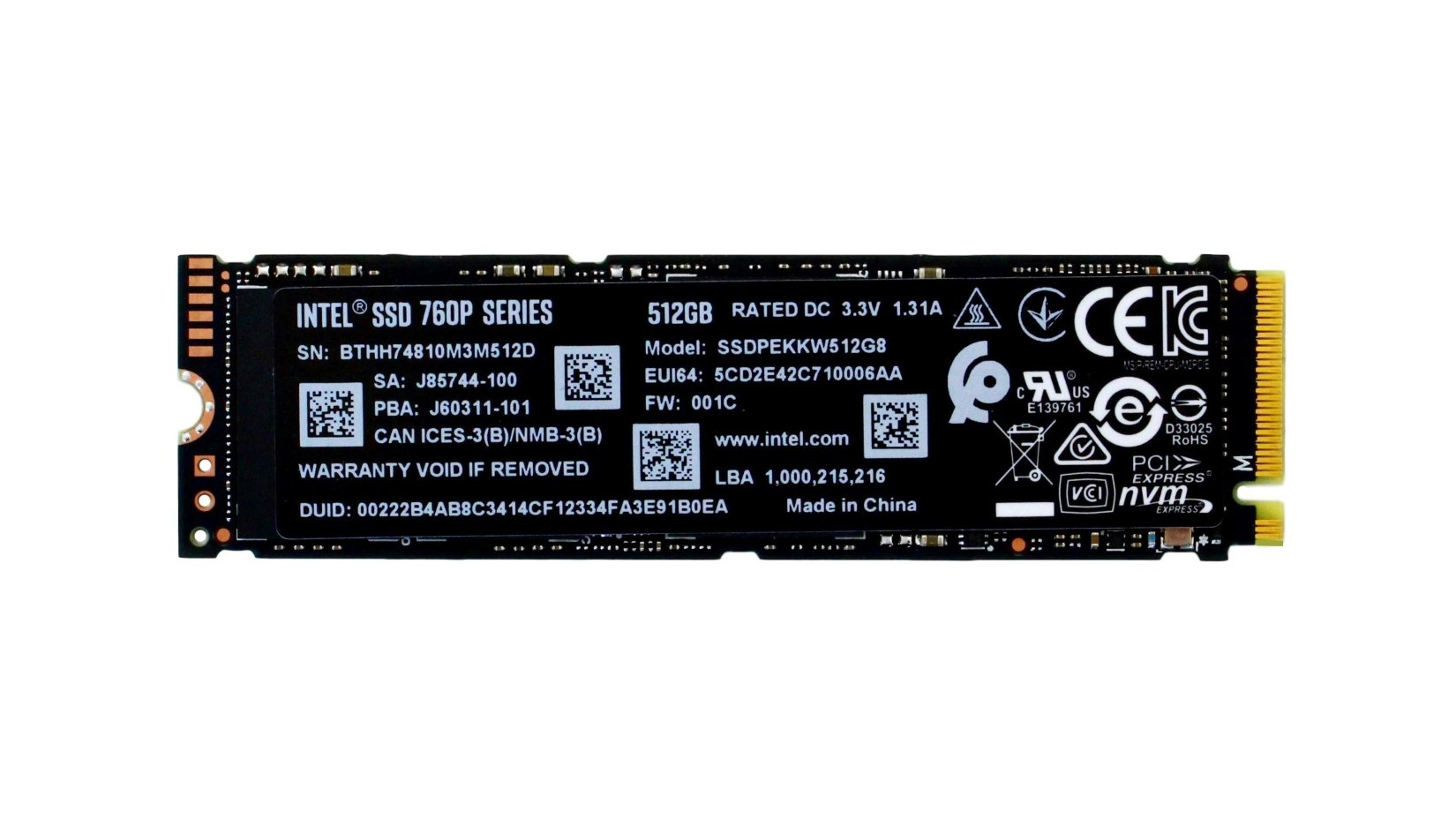
Storage: Intel 760p SSD Series
You need to ask yourself a question here. Do you feel lucky punk – err, we mean, how do you feel about loading times? Well, if you’re anything like us, you want to cut them out as much as you can. And with the Intel 760p SSD Series, you’ll blaze through every loading screen so fast, you’ll barely even notice them slowing down your VR experience. It’s an expensive drive, sure, but after using it, you’ll see it’s worth every penny.
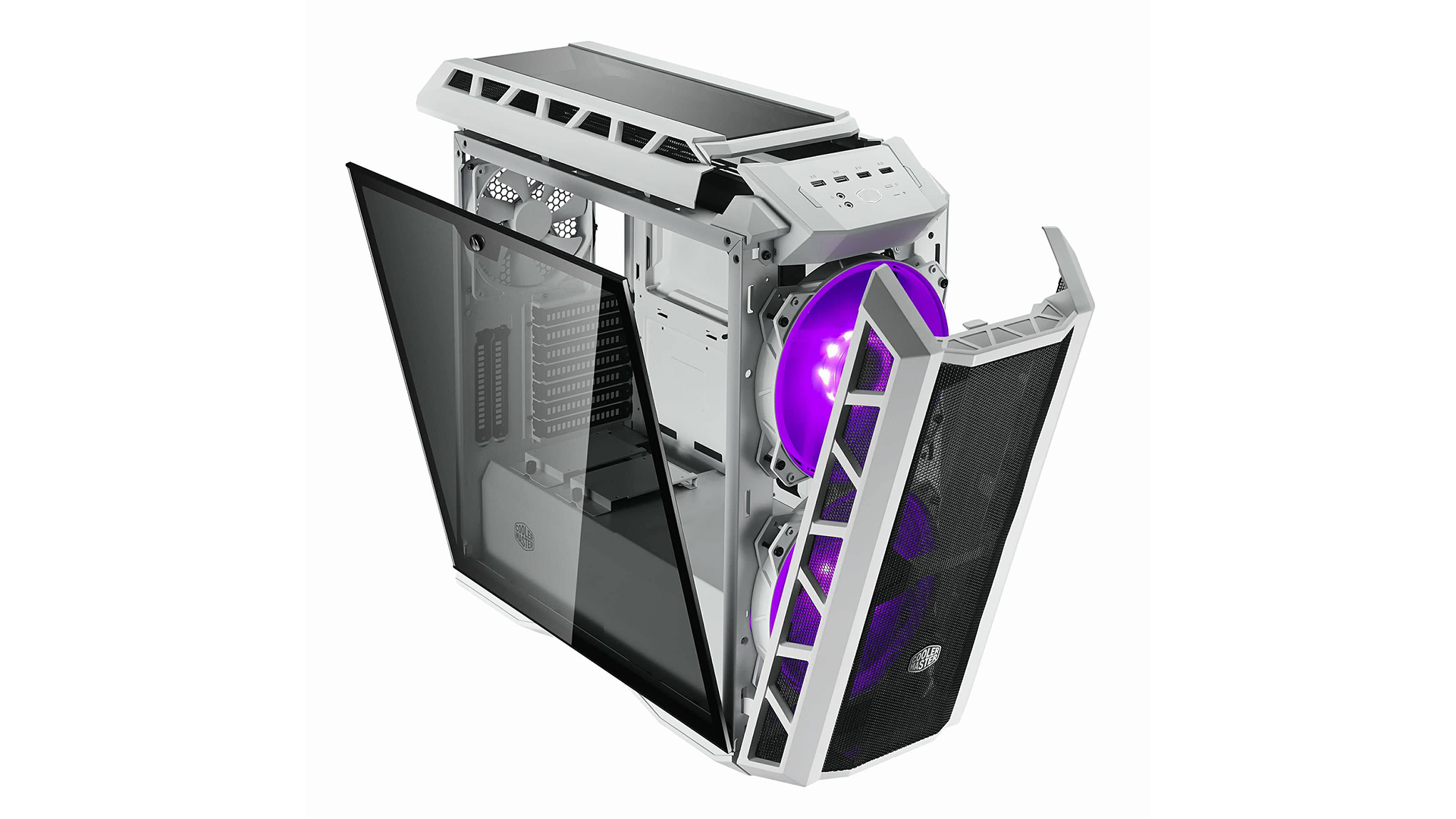
Case: Cooler Master H500P Mesh
Picking out a case is ultimately going to boil down to two things: cooling and aesthetic. The Cooler Master H500P Mesh nails both. Built from the ground up for high airflow, you’ll see why Cooler Master deserves its namesake. Plus, with its RGB lighting and tempered glass side panel, it’s a looker too. But that’s ultimately a matter of taste.
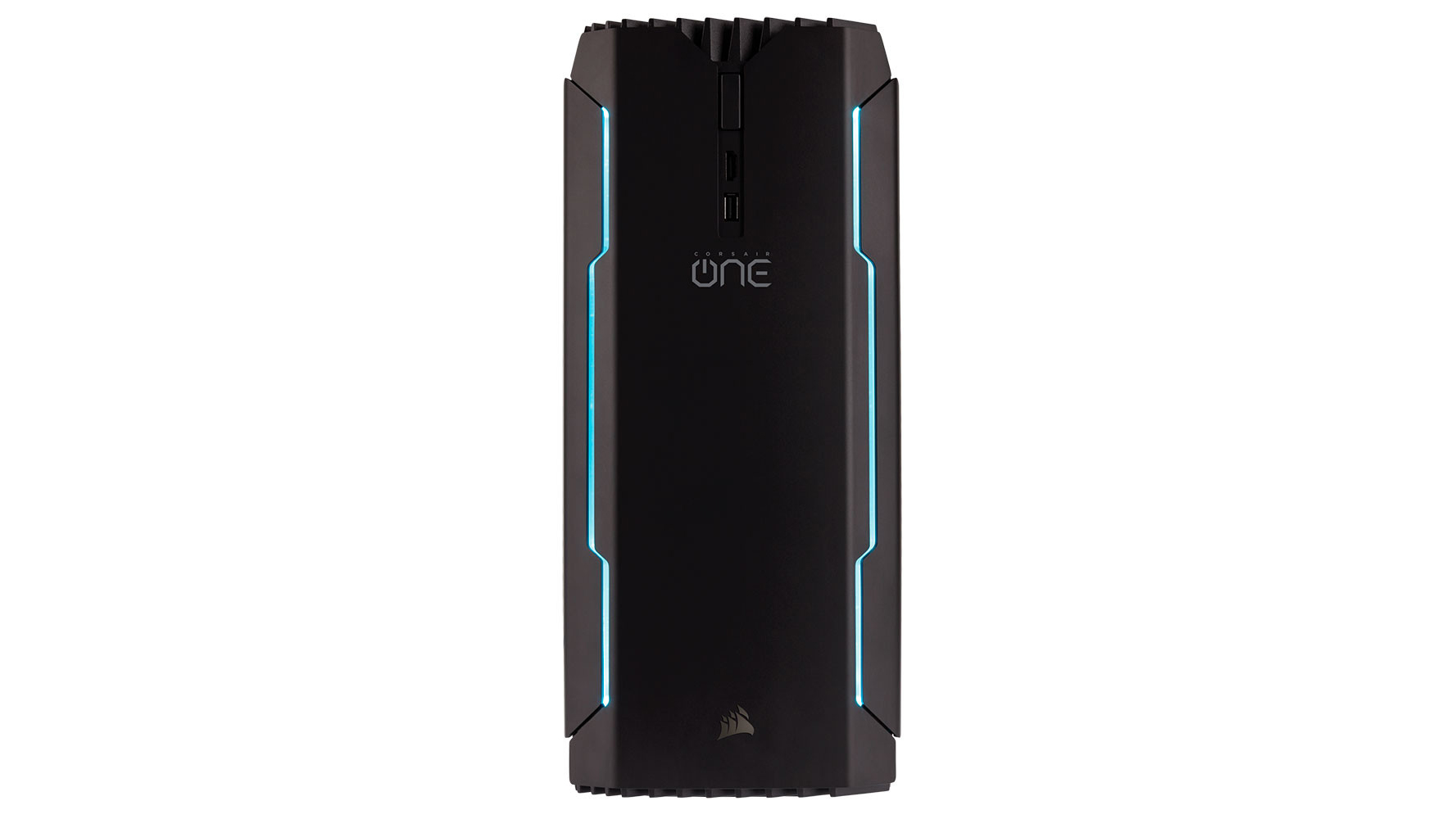
Alternative options
Look, at the end of the day if you want the best experience with the HTC Vive Pro, you’re going to need one of the best gaming PCs you can build or buy in 2018. Sure, not everyone is comfortable with putting together their own PC, but thanks to fantastic computers like the Corsair One Elite and the Dell XPS Tower Special Edition, there’s a wide range of pre-built gaming PCs in every shape and size.
Whatever you decide, the HTC Vive Pro is bound to be the premier VR device, and you should build or buy a PC that can do it justice.
- We've also got the ultimate PC build for virtual reality
Bill Thomas (Twitter) is TechRadar's computing editor. They are fat, queer and extremely online. Computers are the devil, but they just happen to be a satanist. If you need to know anything about computing components, PC gaming or the best laptop on the market, don't be afraid to drop them a line on Twitter or through email.
